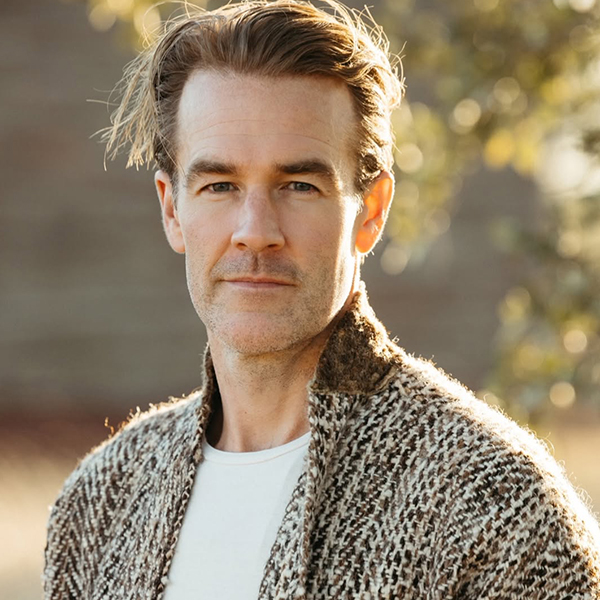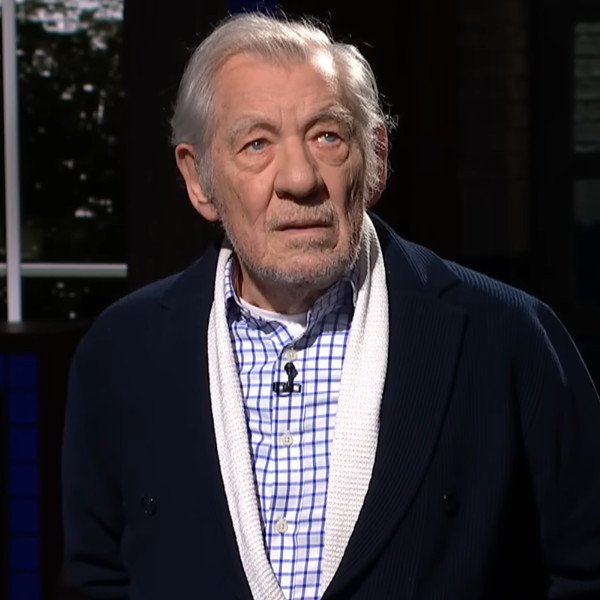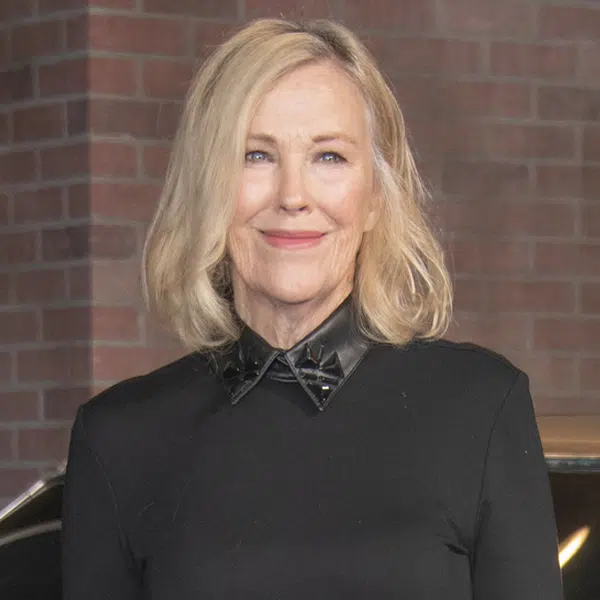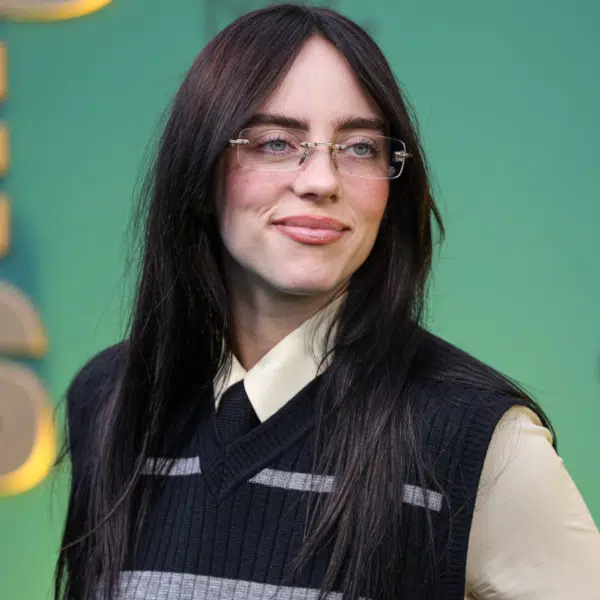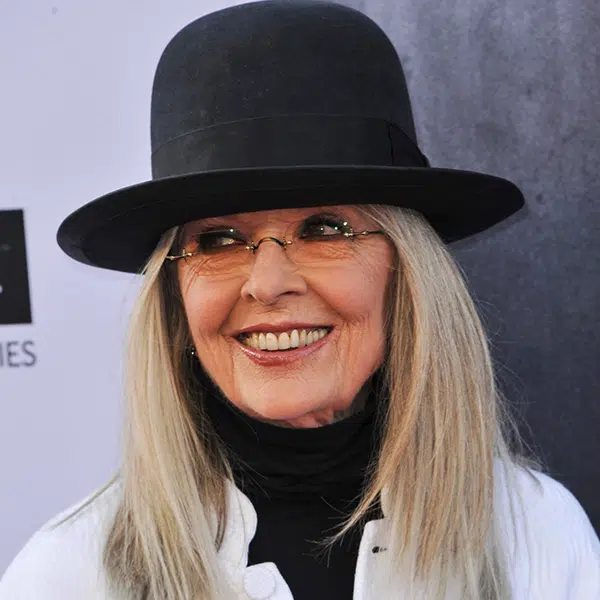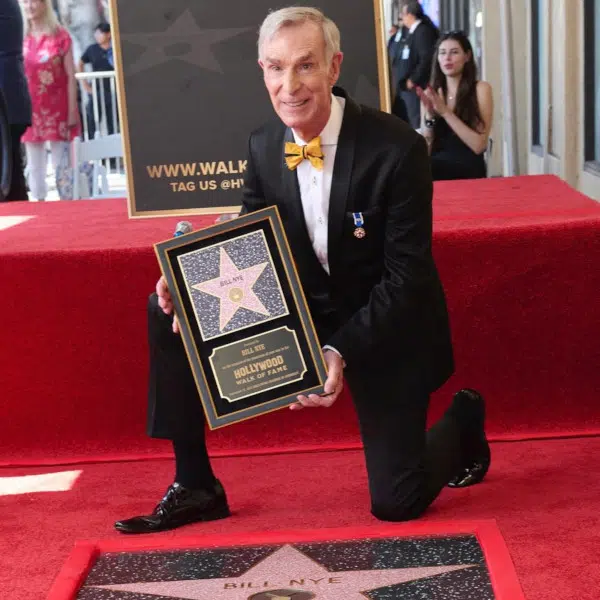
Photo: Xavier Collin/Image Press Agency/Depositphotos
Actress Michelle Yeoh is having a history-making year. After winning a Golden Globe for her starring role in Everything Everywhere All at Once, the Malaysian actress has been nominated for Best Actress at the Academy Awards. Not only is it Yeoh's first nomination, but it's also the first time that the Academy has nominated an Asian-identifying actress in the category.
The achievement has certainly not been lost on Yeoh, who spent the early part of her career as a breakout star in Hong Kong action films before transitioning to Hollywood. Best known for her memorable leading and supporting roles in Crouching Tiger, Hidden Dragon and Crazy Rich Asians, she is grateful for the opportunity to represent her culture on such a large stage.
“It’s taken a long time. But I think this is more than me,” Yeoh shared shortly after the nominations were announced. “At the present moment, constantly, all the time, having Asians walking up to me saying, ‘You can do it, you’re doing it for us.’ It’s like, ‘I understand. I totally understand.’ All this time, they’ve not been recognized, they’ve not been heard.”
Unfortunately, the Oscars has a history of a Best Actress category that lacks diversity. When Halle Berry won in 2001 for her role in Monster's Ball, she became the first—and only—Black woman to win the award. And no Black women have been up for Best Actress since 2020, when both Viola Davis and Andra Day were nominated.
It took until 1999 for a Latina woman to be nominated in the category, when Fernanda Montenegro was nominated for Central Station. Since then, only four Latinas have been nominated, and none have won. This year, Ana de Armas also made history with her Best Actress nomination, making her the first Cuban nominee in the category.
Some might claim that the first Asian Best Actress nominee was Merle Oberon, who was nominated in 1936. However, Oberon actually hid her Asian heritage and passed as white. And when Luise Rainer won her Best Actress award in 1938 for her work as Chinese housewife O-Lan in The Good Earth, she was not playing a roll within her culture. Rainer, in fact, was white. Yeoh is acutely aware that her success in the role of Evelyn Wang—and her pride in her Asian identity—will make an impact.
“The reason why you do films and you present your babies out to the world is because you want the story to be told, you want the people to understand, whether it’s your culture, whether it’s certain very poignant stories, or important tales, to be told,” she mused. “I think this is beyond just me. It represents so many who have hoped to be seen in this way, to have a seat at the table, to say, ‘I am of value too, I need to be seen too.’”
Yeoh's nomination is one of eleven for Everything Everywhere All at Once. The film, which is currently streamable in the U.S. on Showtime, also earned nominations for Best Picture, Best Director (Daniel Kwan and Daniel Scheinert), Best Supporting Actor (Ke Huy Quan), and two noms for Best Supporting Actress (Stephanie Hsu and Jamie Lee Curtis). To see if Yeoh can continue making history and win her first Oscar, tune into the 95th annual Academy Awards on March 12, 2023.
h/t: [The Hollywood Reporter]
Related Articles:
Tyler Perry’s Inspiring Oscars Acceptance Speech Denounces Hate
Marvel Movie ‘Shang-Chi’ Breaks Barriers While Shattering Box Office Records
Chloé Zhao Makes History as First Woman of Color To Win Oscar for Best Director
Academy Apologizes to Sacheen Littlefeather Nearly 50 Years After 1973 Oscars Incident














































































